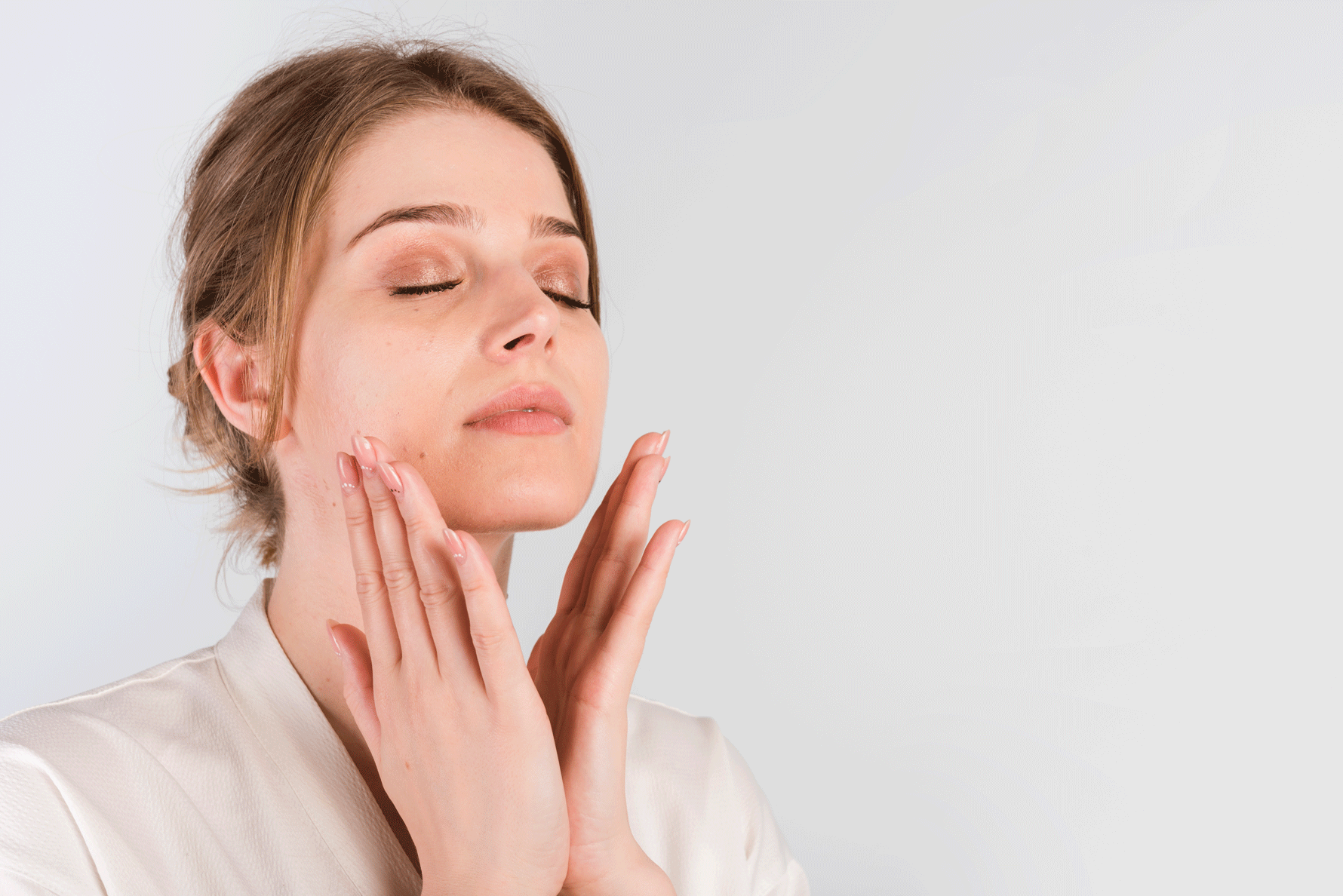
Can Collagen Help with Aging? Here's What the Research Says
Often described as the body’s glue, collagen is important for helping keep our skin, joints, and connective tissues healthy and together. As we get older, the amount of collagen in our bodies steadily decreases, beginning in our 20s and noticeably decreasing in our 40s, which results in wrinkles, sagging in the skin, and joint pain. As more people use collagen supplements and skincare products, people keep asking, Does collagen truly help with aging? We will find out what science tells us about parenting in four main areas.
Healthy Skin and Fewer Visible Wrinkles
Collagen supplements are commonly studied for what they do for the health of the skin. Clinical studies indicate that using collagen peptides may make the skin more elastic, hydrated, and smooth. A 2019 study, which appeared in the Journal of Drugs in Dermatology, noted that those who took collagen hydrolysate supplements for 8 to 12 weeks had significantly fewer wrinkles and drier skin. It seems that the supplement can increase collagen creation within the body and also help fibroblasts create new connective tissue. That’s why collagen is often used in anti-ageing skincare and works especially well with ingredients such as hyaluronic acid and vitamin C.
Support for the joints and bone health
Ageing changes our appearance and also how our joints and bones work. Collagen makes up a large portion of the cushioning tissue that is found in joints (cartilage) as well as parts of our bones. As our levels of collagen decrease with age, we feel more joint pain and stiffness and may develop osteoarthritis. Rooster research from Current Medical Research and Opinion shows that collagen supplementation could ease joint discomfort and make joint movement easier for those with arthritis or joint sports injuries. Research has also shown that using collagen supplements may help prevent bone loss in women at risk of osteoporosis after menopause.
Muscle building and support for the body’s metabolism
In addition, collagen could help maintain strong muscles and support how the body burns energy. Even if collagen isn’t considered a complete protein, it has large amounts of glycine, proline, and hydroxyproline, which are essential for growth and repair throughout the body. A British Journal of Nutrition paper found that adding collagen to a resistance training program helped older adults build more muscle and become stronger, while those who took a placebo didn't see the same results. Because collagen cannot replace adequate protein in our diet, it can, however, be a good way to prevent age-related muscle loss (sarcopenia).
Stronger, Healthier Hair and Nails
You can also notice that your hair and nails start to thin as you start to age. Collagen supposedly helps keep hair follicles and nail beds healthy, which can boost growth and reduce the chance of breakage. Still early research, but people report and medical studies suggest collagen peptides might increase both nail toughness and hair thickness after regular use. Although more research is needed, lots of users notice improvements within a few months after using it consistently.
Conclusion
While collagen is not a miracle cure for aging, growing scientific evidence supports its role in improving skin elasticity, joint function, muscle mass, and even hair and nail health. As with any supplement, results can vary and are most effective when combined with a healthy diet, regular exercise, and proper skincare. If you're considering collagen for anti-aging purposes, choose a high-quality, hydrolyzed collagen product and consult your healthcare provider to ensure it fits your individual needs.


